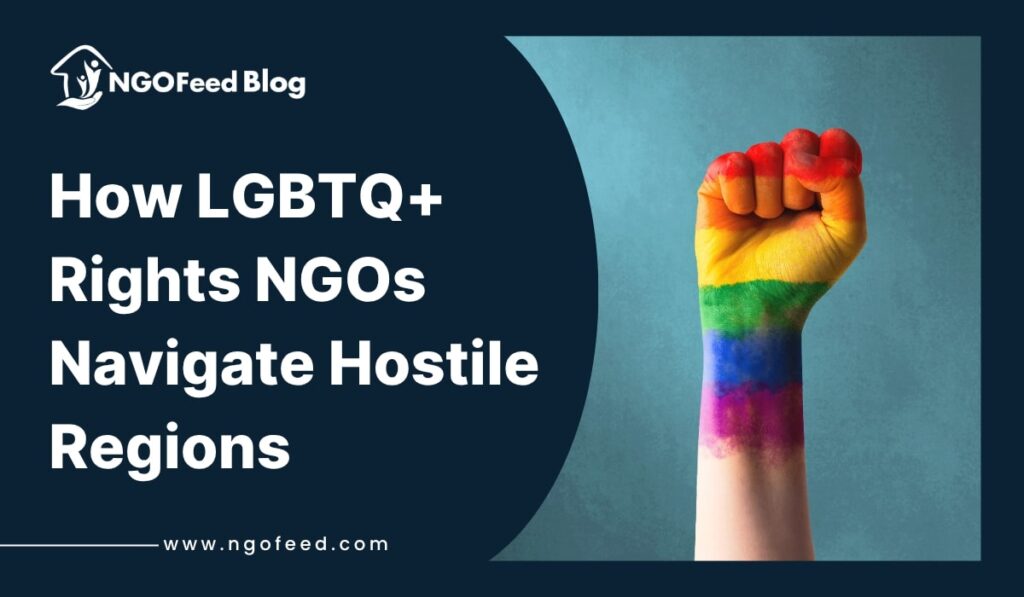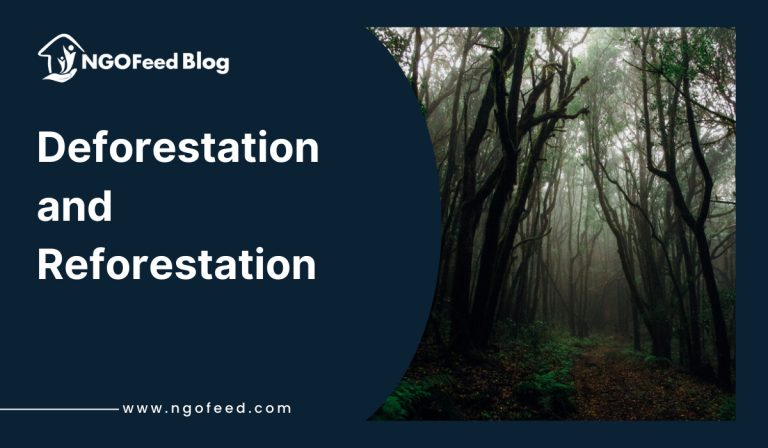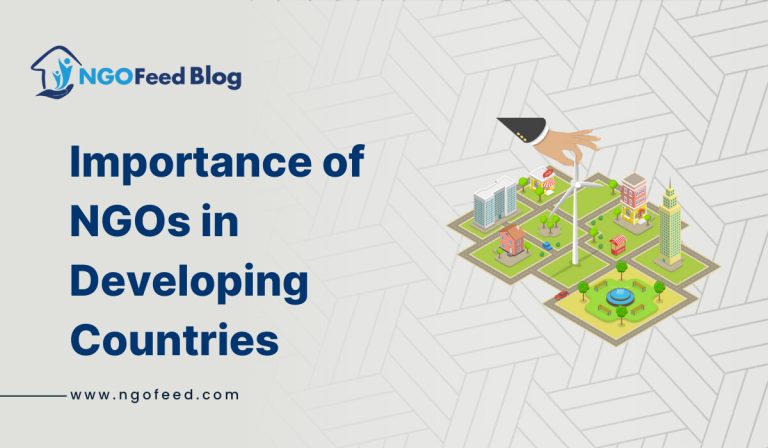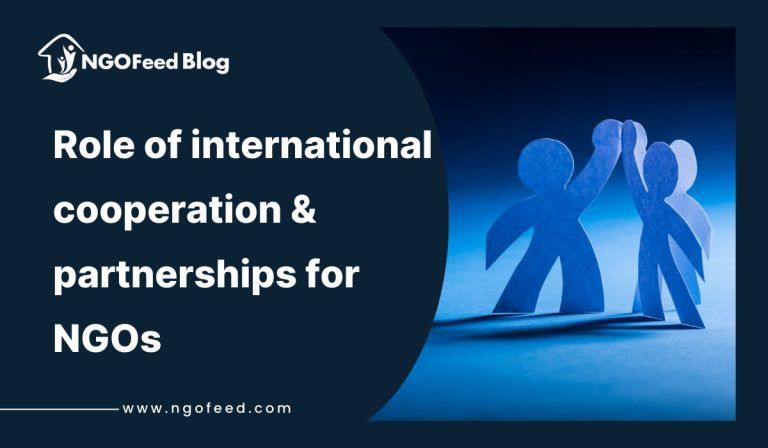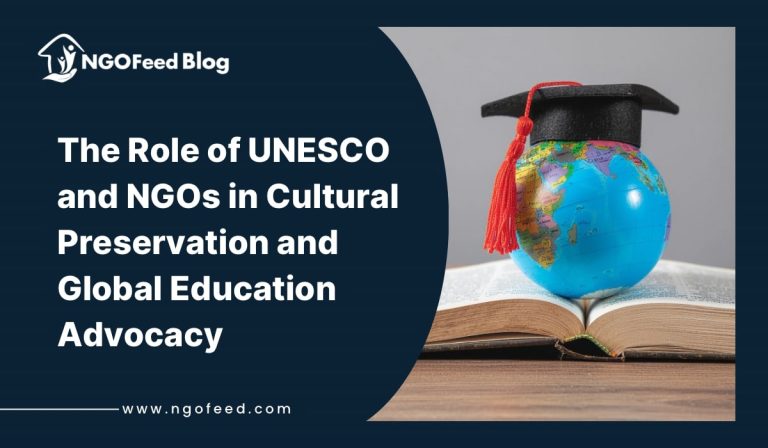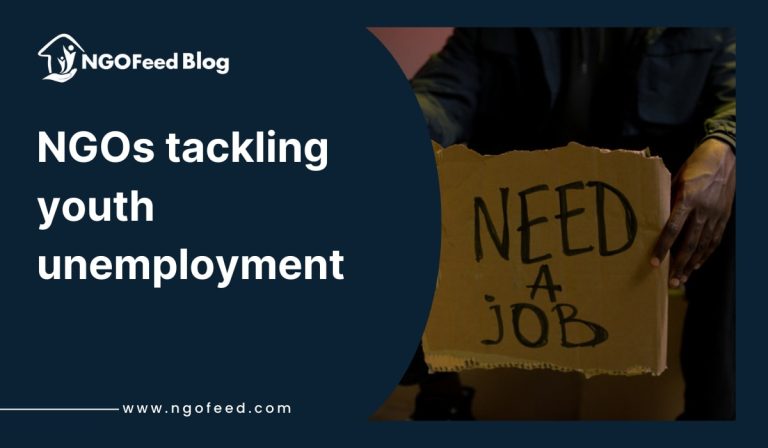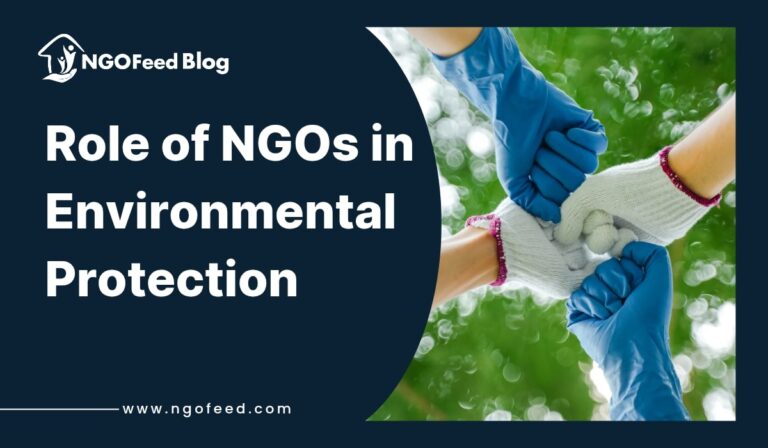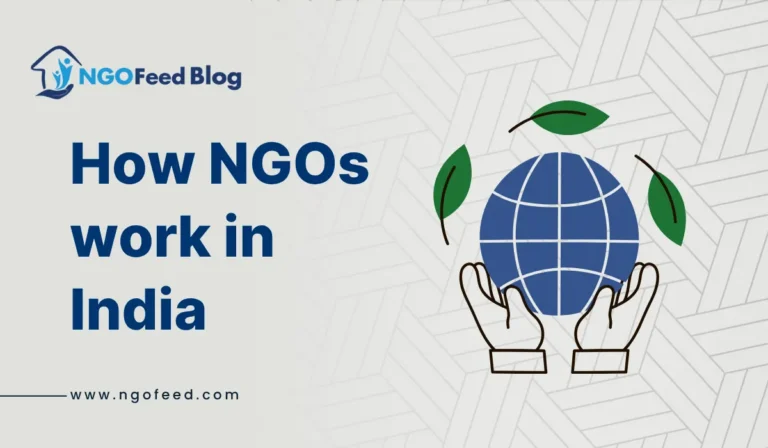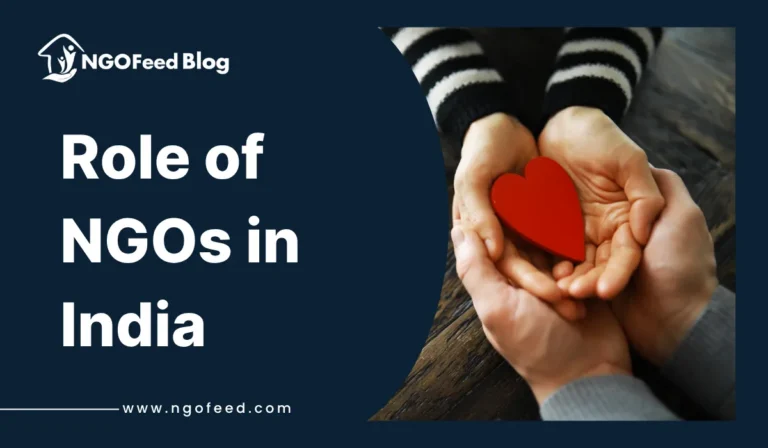How LGBTQ+ Rights NGOs Navigate Hostile Regions: In varying parts of the world, identifying as a member of the LGBTQ+ community is difficult, and in some cases, dangerous. Some countries have criminalized homosexuality, while others have social stigma and state sponsored discrimination against queer people; putting them at continual risk. Despite these conditions, brave organizations are actively lobbying for the rights of LGBTQ+.
These NGOs operate under immense pressure, but employ safe strategies, community empowerment, and an international solidarity which protects, supports, and empowers marginalized people. This article discusses how LGBTQ+ rights NGOs in India operate in intolerant environments, what their processes are, what barriers they face, and the spirit behind the work they do.
Table of Contents
Also Read: Role of IMF in Indian Economy
1. Understanding Hostile Contexts of LGBTQ+ Rights NGOs
Before we explore their methods, it is crucial to understand what qualifies a region as “hostile” to LGBTQ+ people. Hostile contexts can include factors that specifically look like:
- Criminalizing same-sex relationships (i.e. – Nigeria, Iran, Uganda)
- Failure to legally recognize existence as an LGBTQ+ person
- Widespread religious and cultural disapproval
- Autocratic persecution or surveillance by the government
- Uninhibited hate crimes or mob-violence
The more hostile the environment, the more openly advocating can lead to some form of harassment, arrest, or death. Non-governmental organizations (NGOs) who deal in these contexts must balance between visibility and survival.
Also Read: NGO Challenges Constitutional Validity of Waqf Bill
2. Working Under Cover: A Disguised Approach
In places where LGBTQ+ identities are criminalized or highly stigmatized, NGO’s tend to shy away from formally presenting as queer organizations. They will:
- Register as human rights, health, or community development entities
- Use coded language in documents, on websites, in communications, etc.
- Have closed-door support groups and events.
- Keep office locations and leadership anonymous or discreet.
This practical camouflage provides NGOs with an opportunity to work without the risk of government intervention or publicification.
3. Developing International Partnerships for Protection
International support can be one of the most powerful resources for NGOs existing in hostile geographical regions. Global human rights-organized networks can provide:
- Funding that is not subject to local discretion.
- Legal assistance and sources of asylum for those being persecuted.
- Media attention that raises global concern, potentially deterring violence from states
- Support for relocating at-risk activists in cases of emergencies.
For example, organizations such as Human Rights Watch, Outright International, and Amnesty International are often lifelines that provide both resources and a means for local organizations to reach international audiences.
Also Read: Role of NGOs in Slum Development
4. Health Services as a Gateway to Rights
In many geographic regions that are hostile to LGBTQ+ NGOs, the primary focus of NGOs will be on providing health services (especially health services around HIV/AIDs prevention and treatment). This can accomplish two things:
- Meet a significant need in the community (evidenced by need and demand).
- Give the NGO a humanitarian purpose that it is hard for authorities to shut down.
In public health, an organization can achieve entry into communities, choose the facility where it begins to concentrate its efforts, explore access to hospitals and government institutions so they may attempt some degree of rights-based abstraction and advocacy.
5. Digital Activism and Online Safety
When it is unsafe for LGBTQ+ NGOs to assemble together in person, they use digital methods to connect. Yet, effective digital activism also must fight an urgent issue: surveillance. To that end, digital good or secure and encrypted communication is a necessity:
- Use of virtual private networks (VPNs), encrypted private messages (Signal or ProtonMail).
- Private online support groups with good privacy settings.
- Anonymous hotlines for mental health assistance.
- Framing events or discussions on password-protected platforms.
These virtual networks protect making community members feel connected and supported (rather than being isolated by fear or law).
Also Read: Empowering Women-Led NGOs: The Rise of Female Changemakers
6. Cultural Sensitivity and Strategic Messaging
In conservative societies, NGOs may encounter resistance to LGBTQ+ rights framed as ‘Western values.’ To counter this, NGOs tend to:
- Emphasize local queer histories and identities for authenticity’s sake.
- Collaborate with progressive faith-based peers to unpack sacred texts.
- Frame ‘rights’ through universal values of love, dignity, family, etc.
- Teach community members how to share their stories in ways that generate empathy rather than resistance.
This type of framing and strategic messaging makes advocacy feel more domestic, rather than international, and, more effective and less confrontational.
7. Legal support and strategic litigation
In contexts where laws are repressive, there can still be room for legal challenges to occur in a considered manner and NGOs that are engaged with trained legal practitioners and human rights advocates and have the following capacities:
Also Read: Role of NGOs in Dalit Upliftment
- Detailed and accurate documentation of the abuses faced.
- Ability to lodge cases on free speech, invasion of privacy, or discrimination.
- Assistance to persecuted individuals in navigating asylum processes in other countries.
- Development of additional legal strategies, such as engagement of international human rights courts, when national recourses fail.
In environments where law reform is slow, the court cases that follow often serve to provide public awareness and generate public opinion.
8. Safe spaces and emergency services
When regions are hostile, the everyday lives of LGBTQI persons can be traumatic. Here, NGOs work to provide:
- Drop-in centers where queer youth can obtain shelter.
- Safe housing for individuals escaping domestic violence or forced conversion therapy.
- Emergency relocation services for individuals assessed to be in imminent danger.
- Mental health counselling, trauma recovery workshops, and suicide prevention services
These services can be life-saving and build sustained resilience in the LGBTQI community.
Also Read: Role of NGOs in Influencing Government Policies
9. Observing, Modifying, and Adapting
Due to the unpredictable nature of hostile environments, NGOs must stay flexible. When we say stay flexible, it means:
- Determining risks regularly on behalf of team members and the beneficiaries of the NGO.
- Venturing plan B in the case of a raid or public exposure.
- Change-up plan, such as continuing public mobilizations during a time of political repression.
- Multiple decentralized leadership models that allow others to step in should political repression target you.
Flexibility is key to non-profit survival for the NGO or social movement, and sometimes creates creative spaces in social movement activism, some would argue.
10. Training Allies and Creating Local Coalitions
The best and most sustainable change at the local/National level when locals are affected. LGBTQ+ NGOs have developed and trained local and national coalitions with:
- Teachers (i.e. bullying in schools)
- Healthcare and medical providers who promote inclusive care.
- Lawyers (making noise behind the scenes) and journalists
- Unexpected allies among parents and elders in the community
Also Read: Role of NGOs in Cancer Care
Training local stakeholders builds collective community strategies and infrastructure so LGBTQ+ individuals will have a support network within their social systems, even when the state is structurally anti-LGBT.
11. Emotional and Psychological Support for Activists
The burden of being an activist in a region of hostility is great. Activists are:
Under constant threat of arrest or violence.
Burnt-out as a result of work for prolonged periods underground.
Experiencing depression, PTSD, and/or isolation.
In response, NGOs develop internal initiatives designed to help do self-care, provide peers, and support mental wellness. In some instances, NGOs Paris with foreign therapists, or with networks of therapists ready to provide remote psychological assistance. Without resilient activists, there cannot exist a resilient movement.
Also Read: Role of NGO in Women’s Rights in India
Conclusion: Quiet Courage, Lasting Impact
LGBTQ+ NGOs operating in jurisdictions that are hostile, are some of the bravest and most innovative actors in the human rights sector. The work they do is often unseen, unreported, or becomes a minority charter in the news. They may not march in a pride parades or lobby parliament; but their resistance from the shadows saves lives, offers hope, and plants seeds of change in sometimes some of the most difficult soil.
Also Read: Role of NGOs in Economic Development
They go from operating under fake names, to global organizations, to alliances, then add proposing legislation. They adapt to challenges, continue to survive, and/or keep going despite the hopelessness that exists. Their survival is a systemic challenge. The work they do is a sacred act of kindness. The presence of these NGOs in some of the most hostile parts of the world reminds us of the realization that community, compassion, and the quest for human dignity, live on, even if they have to do their work in the dark.

